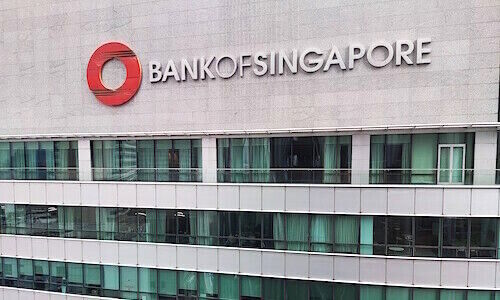BOS Enables Access to SFO Benefits Without Setup
The private banking unit of OCBC has introduced a new solution for ultra-rich clients to access investment expertise and eligibility for tax exemptions traditionally reserved for single-family offices.
Bank of Singapore has launched a new alternative solution to single-family offices (SFO) called «Bank of Singapore Family Office Catalyst», according to a statement. This solution provides advantages traditionally associated with SFOs, such as access to specialized investment expertise and eligibility for tax exemptions, without the need to establish such an entity.
With at least $20 million in assets under management, the funds will be managed by the bank through discretionary or advisory portfolio management in a vehicle that can qualify for tax exemptions in Singapore similar to those for SFOs, subject to the fulfillment of certain conditions.
In addition, clients have access to wealth planning and trust services. If they wish, there is also flexibility to subsequently transition to an SFO structure.
High Operating Costs
According to Lim Leong Guan, the bank’s global head of financial intermediaries, family office and wealth advisory, many ultra-high net worth individuals are keen to professionalize the management of their wealth but are seeking options other than setting up SFOs.
«Concerns around high operating costs and the challenge of attracting suitable investment talent amid intense competition are prompting them to consider more efficient solutions,» he explained.
Investment Track Record
Bank of Singapore has a wide range of investment strategies, particularly in Asian and multi-asset portfolios. On average, the portfolio managers have more than 15 years of experience.
As of June 2025, its Asia equity portfolio and Singapore equity portfolio delivered year-to-date returns of 14.2 percent and 12.6 percent, respectively. The latter portfolio made annualized gains of 12.7 percent over the last five years. An ESG mandate is also available with annualized returns of over 20 percent in the past two years since it was launched in 2023.



























